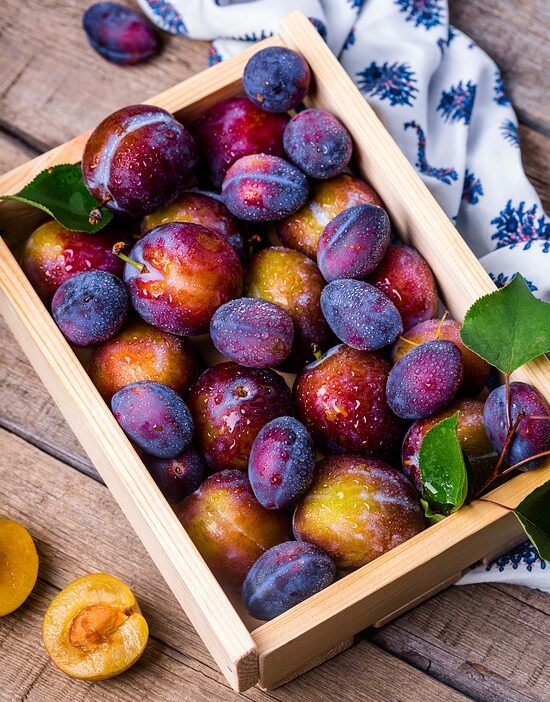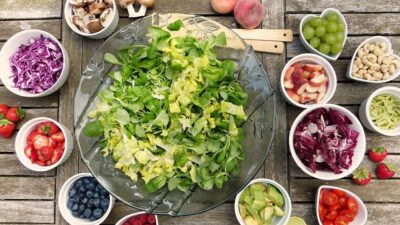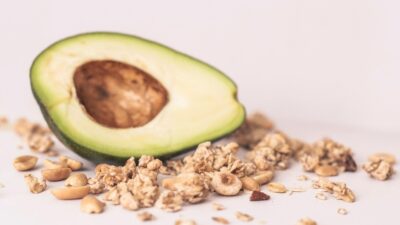In a world increasingly driven by convenience and global supply chains, the concept of seasonal eating has gained traction as a meaningful approach to food consumption. Seasonal eating not only aligns our diets with nature’s rhythm but also supports local agriculture, nurtures our health, and promotes sustainability. At the heart of this practice lies the embrace of organic harvests, a choice that elevates our meals and contributes to a more environmentally sound food system.
The Essence of Seasonal Eating
Seasonal eating refers to the practice of consuming food that is in season, meaning it is harvested at its peak time for flavor and nutritional value. This practice encourages us to adapt our diets based on local growing seasons, making it possible to enjoy the freshest produce available.
1. Nutritional Benefits
Seasonal produce is often more nutrient-dense than their out-of-season counterparts. When fruits and vegetables are harvested at their peak, they contain higher levels of vitamins, minerals, and antioxidants. In contrast, produce that is shipped long distances can be picked early to withstand transportation, which often leads to a decline in nutritional quality.
2. Flavor and Freshness
There’s a unique joy in biting into a sun-ripened peach in the summer or savoring a warm, hearty squash soup in the fall. Seasonal eating ensures that you’re consuming food at its freshest and most flavorful. Organic produce, grown without synthetic pesticides or fertilizers, further enhances the taste, bringing out the natural sweetness and richness of the crops.
3. Environmental Sustainability
Embracing seasonal eating minimizes our carbon footprint. When we choose local organic foods (those cultivated without harmful chemicals), we reduce transportation emissions and support sustainable farming practices. Organic agriculture promotes biodiversity, improves soil health, and avoids the negative impacts of synthetic farming methods. By eating in season, we are making a conscious choice to align our diets with the planet’s needs.
The Importance of Organic Harvests
Choosing organic, seasonal produce provides a multitude of benefits. Organic farming avoids the use of harmful pesticides and genetically modified organisms (GMOs), which can have detrimental effects on both human health and the environment. Additionally, organic farming practices often focus on soil health, which is essential for producing nutrient-dense crops.
1. Supporting Local Farmers
Purchasing organic produce from local farmers’ markets or community-supported agriculture (CSA) programs not only connects individuals to their community but also supports small-scale farms. This, in turn, fosters local economies and allows farmers to thrive. Building relationships with local growers cultivates a deeper understanding of the food system and encourages sustainable practices.
2. Diverse Diets
Seasonal eating naturally invites variety into our diets. By eating what is presently available, we are encouraged to explore different fruits and vegetables throughout the year. From vibrant spring greens and summer berries to autumn squash and winter root vegetables, eating seasonally pushes us to embrace a diverse array of flavors, textures, and nutrients.
Seasonal Harvest Guide
Understanding which foods are in season can help you make informed choices. Here’s a general guide to seasonal organic produce across the year:
- Spring: Asparagus, peas, radishes, spinach, artichokes, strawberries
- Summer: Tomatoes, cucumbers, zucchini, bell peppers, corn, blueberries
- Fall: Pumpkins, apples, sweet potatoes, kale, Brussels sprouts, pears
- Winter: Carrots, beets, winter squash, cabbage, citrus fruits, turnips
Tips for Embracing Seasonal Eating
-
Shop at Local Farmers’ Markets: Explore local markets for the freshest organic produce. These venues often feature seasonal specialties that might not be available in stores.
-
Join a CSA: Consider joining a community-supported agriculture program, which provides a regular supply of seasonal produce from local farms.
-
Plan Your Meals: Create weekly meal plans that incorporate seasonal ingredients. This not only reduces food waste but also encourages creativity in the kitchen.
-
Preserve the Harvest: When the bounty is plentiful, consider canning or freezing seasonal fruits and vegetables to enjoy throughout the year.
- Educate Yourself: Follow blogs, cookbooks, and social media accounts dedicated to seasonal and organic eating to stay informed and inspired.
Conclusion
Seasonal eating is not just a trend; it’s a philosophy that encourages us to reconnect with our food sources, appreciate nature’s cycles, and promote a healthier planet. By embracing the bounty of organic harvests, we can elevate our meals, support our local agricultural communities, and contribute to a more sustainable food system. So, let’s celebrate each season’s unique offerings and savor the flavors of nature!



